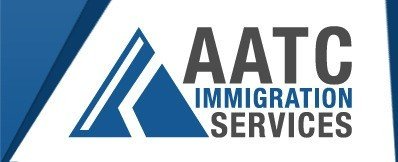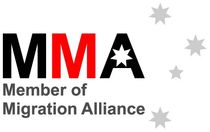
Slide title
Write your caption hereButton
Slide title
Write your caption hereButton
Slide title
Write your caption hereButton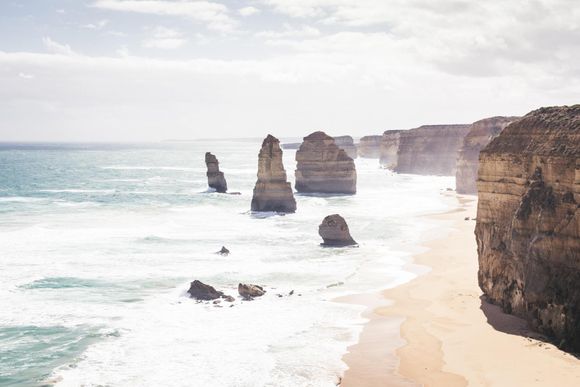
Slide title
Write your caption hereButton
Slide title
Write your caption hereButton
Slide title
Write your caption hereButton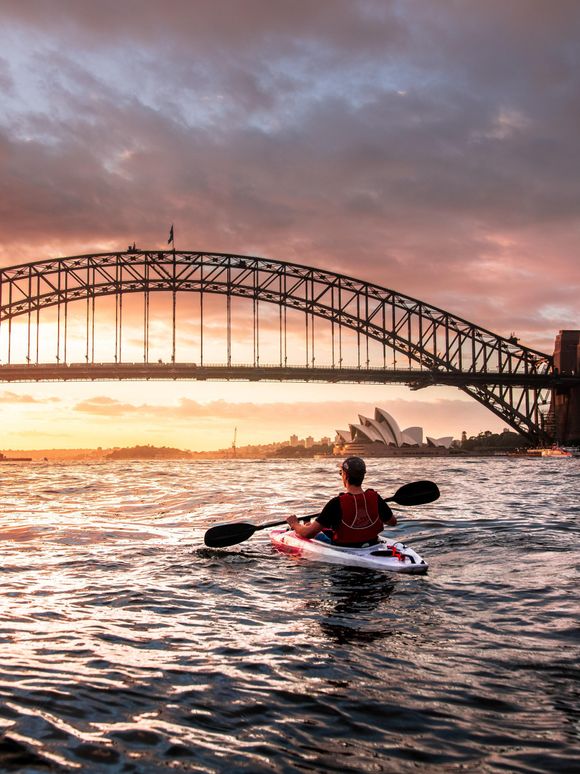
Slide title
Write your caption hereButton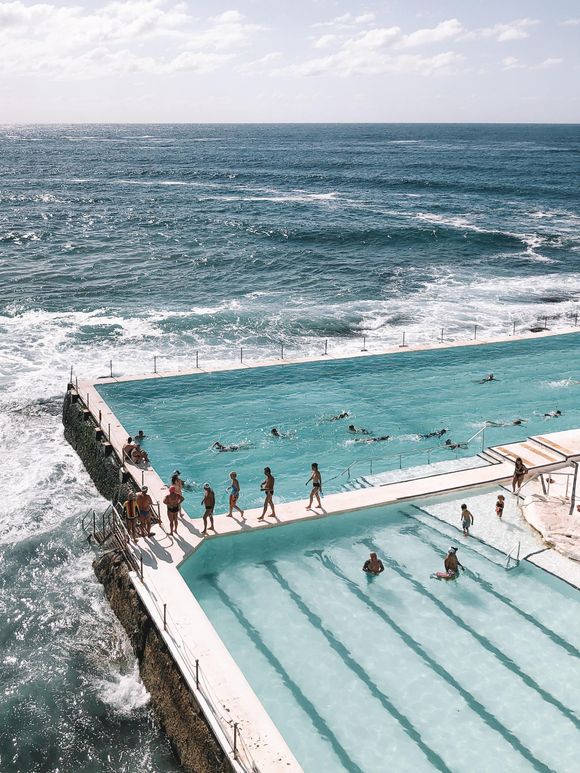
Slide title
Write your caption hereButton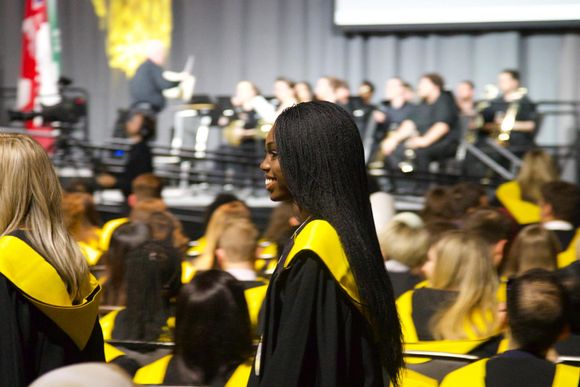
Slide title
Write your caption hereButton
Slide title
Write your caption hereButton
AATC Immigration Services
SERVICE FEES
- We charge fixed costs
Additional fees may be charged depending on the nature of work and agreement signed
- Providing free* of charge initial consultation
- We provide ongoing support until the migration goal is achieved or the agreement is finalised

Slide title
Write your caption hereButton
Slide title
Write your caption hereButton
STEP 1CONTACT US FOR AN APPOINTMENTEmail: gulenay@aatc.net.au

Slide title
Write your caption hereButton
Slide title
Write your caption hereButton
Slide title
Write your caption hereButton
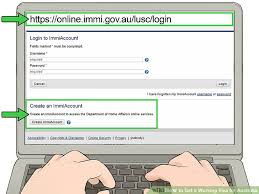
Slide title
Write your caption hereButton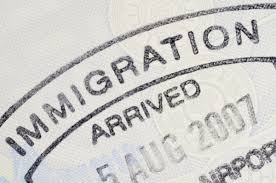
Slide title
Write your caption hereButton
We are specialised in ...
- Partner Visa Applications
- Family Visa Appliacitons including Parent and Child Visas
- Visa refusals
- Appeals (Administrative Appeal Tribunal)
- Visa cancellations
- Australian Citizenship Applications
- 8503 Waivers
- Religious worker visa
- Facilitation of first entry to Australia
- Business Visas
Business Innovation Stream
With this visa, you can operate a new or existing business in Australia, stay in Australia for up to 4 years and 3 months, bring eligible members of your family with you, and apply for a permanent if certain requirements are met.
Eligibility
This visa is by invitation only. You must be nominated by an Australian State or Territory government agency
For 2 out of 4 fiscal years immediately before you receive an invitation to apply, you must have had an ownership stake in 1 or 2 businesses that had at least AUD500,000 turnover in each of those 2 years.
Whether you have 1 or 2 businesses, you must own at least:
- 51%, of the total value of the business if the business has a turnover of less than AUD400,000 per year
- 30%, of the total value of the business if the business has a turnover of AUD400,000 or more per year, or
- 10%, of the total value of the business if the business is operated by a publicly listed company
If your business provides professional, technical or trade services, you must have spent less than half your time providing those services, rather than general management of the business.
When you are invited to apply for this visa, you, your partner, or you and your partner combined must have total net business and personal assets of at least AUD800,000. Your funds must be available to transfer to Australia within 2 years of us granting the visa.
You must score at least 65 points on the points test.
You can get points for many reasons, including your:
- age
- English language ability
- qualifications
- business experience
- net personal and business assets
- business turnover
- innovation
- special endorsement
Investor stream
Eligibility
This visa is by invitation only. You must be nominated by an Australian State or Territory government agency
For at least 1 of the 5 fiscal years immediately before we invite you to apply, have directly managed one of the following:
- a qualifying business in which you, your partner or you and your partner combined had at least 10% ownership interest, or
- a eligible investment of at least AUD1.5 million owned by you, your partner or you and your partner combined.
For the 2 fiscal years immediately before you are invited to apply, you, your partner, or you and your partner together, have business and personal assets with a net value of at least AUD2.25 million. These assets must have been lawfully acquired and be available for transfer to Australia within 2 years of the visa being granted.
After you lodge your application, you must make a designated investment of at least AUD1.5 million in the State or Territory in which the nominating State or Territory government agency is located. This investment must be in your name or in your name and your partner’s name. The investment must be made from unencumbered funds generated from qualifying businesses or eligible investments.
You must score at least 65 points on the points test.
You can get points for many reasons, including your:
- age
- English language ability
- qualifications
- business experience
- net personal and business assets
- business turnover
- innovation
- special endorsement
Please organise an appointment to discuss:
- Significant Investor Stream
- Business Innovation Extension stream
- Significant Investor Extension stream
- Premium Investor stream
- Entrepreneur stream
- Family Visas (Partner, Parents, Child)
Partner Visas
AATC Immigration is ready to assist you while you are planning to start a new chapter of your life together with your partner
FIANCEE
If you are soon to be married and looking forward to life in Australia then you will need to apply for a Prospective Marriage Visa to gain entry. it’s important that you understand the visa process and what is expected of you.
To be eligible for this Visa;
- you need to be outside of Australia.
- You have physically met in person. It’s OK if you got to know each other online, but an online relationship only does not provide enough evidence of legitimacy.
- You intend to marry one another.
Once this visa is granted then you will have 9 months to move to Australia, plan your wedding, get married and lodge a spouse visa application.
DEFACTO or MARRIED
If you are already in a defacto relationship or married then you may be eligible for 'Temporary to Permanent residency' visa for you and your partner
You maybe eligible for a partner visa if you are engaged or married to an Australian (or an eligible New Zealander) or you live in a defacto relationship. This includes same-sex couples.
RELATIONSHIP EVIDENCE
A successful application depends on the quality and quantity of evidence of your genuine and ongoing relationship. If you are living in Australia in certain states of Australia, you can register your relationship to support your application.
TEMPORARY TO PERMANENT RESIDENCY FOR PARTNERS
Many partner visa options are a two-part process. You may have to apply for a temporary visa first, which will give you the opportunity to experience your new home and adjust to the culture whilst applying for the second part.
There are certain requirements for those wanting to apply for permanent residency and you may need to prove your marriage, living arrangements or family situation.
WORK RIGHTS
Once your partner visa is granted, you have full work rights and you can live anywhere in Australia. If your partner visa is lodged whilst you are in Australia (this option is available to married and defacto couples), you may go onto a bridging visa that will allow you work during the processing time. We can tell you more about how this works.
PARENT VISA :
There are many visa types for Parents of Australian citizens or Permanent residents who like to bring their parents to Australia. AATC Immigration Services have agents who are specialised in Parent and Family migration. Whether inside or outside Australia we can assist you in a range of family migration including Parent, Aged Parent, Contributory Parent visas. Contact us to get updated information on family migration options.
*** NEW **** SPONSORED PARENT (TEMPORARY) VISA
870 Subclass
This visa allows parents to live temporarily in Australia for three years or five years without needing to depart Australia. Unlike other parent visas, this visa does not require the parent to meet the Balance of Family rule. However, the parent must have a child (biological, adoptive or stepchild) who holds Australian citizenship or permanent residency (or is an eligible New Zealand citizen), and their child must demonstrate that they have been living in Australia for four years. The child must first be approved as a sponsor prior to the parent being able to lodge this visa. The sponsoring child will need to provide police checks and demonstrate minimum household income.
*visa does not have work rights, the parents must show that they have sufficient funds to support themselves for the duration of the stay period. The Sponsored Parent (Temporary) visa does not lead to permanent residency. Eligible parents can stay in Australia for a maximum of 10 years on this visa. There is no minimum or maximum age limit for the parents.
*Sponsorship application charge is $420 (July 2019) and sponsor must meet a minimum household income threshold and a parent sponsor will also be required to meet certain sponsorship obligations. *Visa cost: $5000 for a visa allowing up to 3 years stay or $10,000 for a visa allowing up to 5 year stay.
*This visa is capped therefore once a fixed number of visas are granted (the cap is set at 15,000), there will be no further 870 visas will granted until the following visa year (commencing in July 2019).
- Visitor Visa
Visitor Visas allows you to;
- visit family or friends
- be here as a tourist, for a cruise or for any purpose except business or medical treatment
- You can study or train for up to 3 months in total on this visa. But if your main reason for travelling to Australia is study, a student visa might be more appropriate.
- You can't work.
The Department of Home Affairs determine the length of your visa on a case by case basis.
Things considered when determining your stay period include:
- how long you want to stay
- why you want to stay in Australia
You may be granted your visitor visa with one entry or multiple entries. If you are granted your visa with multiple entry, you can leave and re-enter Australia on the visa while it is valid.
Use the Visa Pricing Estimator to work out what your visa will cost. The estimator does not take into account the other costs.
- Protection Visa
Protection Visa (Subclass 866)
The Protection 866 visa is for those refugees seeking asylum because of the fear of persecution in their home country due to:
- Race
- Religion
- Nationality
- Political Opinion
- Membership of a particular social group
Being a holder of a protection visa you can;
- Live and work in Australia as a permanent resident
- Have access to Medicare (Australia's health care scheme) and Centrelink services
Eligibility
You can only be able to get eligible for protection visa if:
- You are in Australia on a valid visa and not through illegal marine or unauthorised air arrival
- You meet Australia’s protection obligations
- You are appealing for Australia’s protection
- You have evidence of being a refugee who is defined by the Refugee Convention or meet the Complementary Protection criteria in the Australian Migration Act 1958
- You are not barricaded from lodging a Protection Visa application
- You satisfy the minister that the purpose of getting the visa is in national interest
- You meet health and character requirements
You can include family members in your visa application. Please contact our offices for an appoint to discuss your individual circumstances.
- Refusal/Cancellation/Tribunal
Visa Refusal
A visa refusal is when a submitted visa application is declined by the Department of Immigration & Border Protection. There are a number of reasons why a visa may be refused such as missing evidence, ineligibility, health or character issues and fraudulent documents. A visa refusal may be appealed against at the AAT.
Examples of visa refusals
- Student visa refusals
- partner visa refusals
- sponsorship refusals
- nomination refusals
- Protection visas refusals
- Other visa refusals
Visa Cancellations
If you’ve had your visa cancelled, due to a breach of conditions or other reason, it doesn’t necessarily mean you can no longer stay in Australia. There are a number of strategies open to applicants who have had a visa cancelled, however it’s important the applicant acts immediately. Please contact us to discuss your options.
- Student cancellations
- Character based cancellations
- Investor visa cancellations
- RSMS cancellations
- Protection visa cancellations
- Partner visa cancellations
Request for more information
Case officers may request more information when they have insufficient evidence, or the application is not complete. Unless action is taken there is a high likelihood of a visa refusal. If the applicant fails to prove the necessary legislative requirements or documentation, then a refusal is the most likely outcome. Please contact us to discuss the case officers request for more information.
Administrative Appeals Tribunal (AAT)
The AAT are an independent merits review of a wide range of administrative decisions made by the Australian Government. The review process is accessible, fair, just, economical, informal, and the reviewer has the power to;
- affirm a decision
- vary a decision
- set aside a decision and substitute a new decision, or
- remit a decision to the decision-maker for reconsideration.
The time periods for review application are very specific and cannot be extended. Please contact our offices for further information
- For Students applying for Genuine Temporary Entrant (GTE)
1. Be realistic in your statement
Officers can generally tell if someone is being unrealistic or untrue with their statement. Providing a job offer for 2-3 years in the future is often unrealistic. Especially if the course you are studying is a vocational level.
2. Explain your circumstances in your home country (Personal Circumstances)
The case officer wants to know that you have strong ties to your home country. You need to explain your personal circumstances in your home country.
For example, mention that all/most of your family members reside in your home country. Do you have any possessions in your home country? A house, a car, a business? Do you need to return to support family members? Is the job market improving?
Perhaps you have some specific events in the future which require you to return to your home country. A family members wedding, a future education course you will need to take etc…
The case officer will also take into account the economic circumstances of your home country. A common reason immigration case officers provide for refusals are that “based on the economic conditions in your home country, you would have little incentive to return.” You need to show there is enough other reasons for you to return home.
3. Explain why you chose the specific education provider
It is important you have done research into your education provider that you want to attend. How does it compare to other education providers that offer a similar course? This will demonstrate to the case officer that you have put in thought into your studies. Perhaps you can explain the individual units of the course you are most interested in studying.
It is also important that you have done research and know the city that you will be studying in? What are some things you like about the city? How much will your living expenses be?
4. Show you have done research into the industry or course you are studying
Immigration would like to see that you have thought about the industry where you will be planning to study. Is it growing? What are the future job openings like? How will this course benefit you in securing a job in this industry in your home country? How will studying this course in Australia specifically improve your prospects in the industry.
5. Always discuss the future value of the course to you
A very common reason immigration case officers provide for refusal is that the Applicant failed to provide evidence of the value of the course to their future. By studying in Australia, you are spending a significant amount of money and time. Immigration wants to see what studying that you will benefit from it. Will the course allow you to apply for higher paying positions in the future? Will it allow you a better chance of entering another course? Will the course allow you to gain skills which could help you make more money?
6. Explain your immigration history
Explain the countries that you have visited in the past. Explain the previous visas you have obtained to Australia. This will demonstrate to the case officer that you have abided by previous visa conditions.
If you have ever overstayed your visa or not abided by previous visa conditions, explain the reasons why you overstayed and how you have changed since the incident.
Generally speaking, the more temporary visas you have applied for in Australia, the greater the chance of refusal. If you have already remained in Australia for 3, 4 or 5+ years, you will need to demonstrate to immigration that you are not just studying this course as a way to remain in Australia.
8. Explain why you chose to study in Australia compared to your home country
Immigration would like for you explain why you chose to study in Australia and if there were similar courses offered in your home country. If there are options in your home country to study this course, explain how studying this course in Australia is different. Is it taught in a different format? Is the course it shorter, longer? Is the education provided in this industry different in Australia different in your home country?
9. Provide supporting documents
You need to back your statement up with documentary evidence to support what you write.
Some examples of supporting documents may include;
- Letters of reference from employers
- Evidence you can support yourself financially in Australia
- Previous education documents
- Enrolment or Application forms into another course
- Evidence of property ownership in your home country
- Evidence of business ownership in your home country
- Return tickets out of Australia
10. Does the course relate to anything you have previously studied?
It may be more beneficial for you to study a course which relates to something you have previously studied.
NEWS
Visa changes from 1 July will offer skilled workers new pathways to permanent residency, more places for working holiday makers and the chance for graduates impacted by COVID-19 border closures to make up for their time locked out of Australia.
“It is very difficult for a lot of people and a lot of industries to fill staff shortages, especially in certain skilled fields,” he said.
“What this is doing is pumping as many people into the system as possible."
“There were a lot of difficulties for people who were here on temporary visas during COVID because there was a lot of uncertainty.
“A lot of people lost their jobs or got stood down, they weren’t able to access welfare.
"There were all sorts of difficult things that the cohort of temporary visa holders encountered."
Here are some of the key changes:
Temporary skill shortage visas
Temporary skill shortage (TSS) subclass 482 visa holders will find it easier to apply for permanent residency.
In Australia, as of 31 March, there were 52,440 people on the 482 visas, or related 457 visas, which ceased offering new places to applicants in March 2018.
From 1 July, those visa holders can apply for the Temporary Residence Transition (TRT) visa, which lets skilled workers who are nominated by their employer to live and work in Australia permanently.
But the new pathway will only be accessible for two years from this date.
